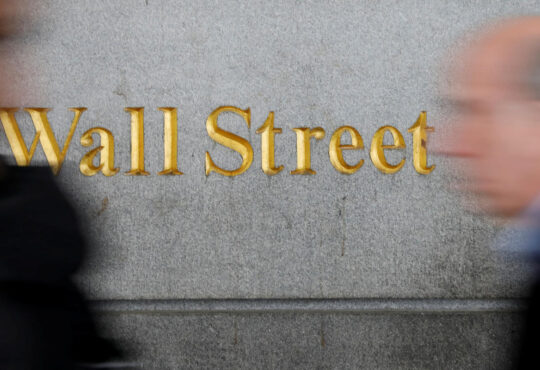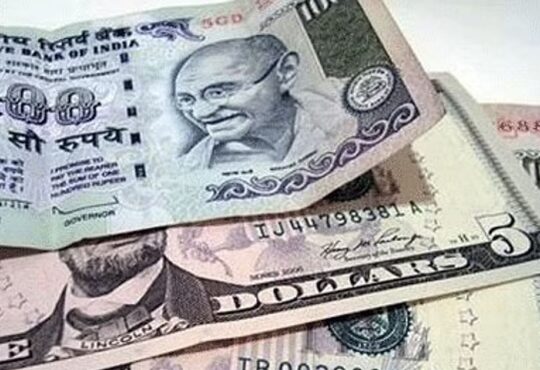Wall Street downgrades European banks and names stocks to buy ‘in case markets turn sour’

Wall Street is downgrading European banks after stresses in the sector led to the emergency merger of the two largest lenders in Switzerland. Simultaneously, investment bank Citi also upgraded the tech sector on the continent, saying they preferred “quality growth” in the face of lower growth rates and deteriorating fundamentals. In a note to clients on Mar. 22, strategists at the Wall Street bank said investors should focus on technology as the market faces increased tail risks due to concerns about the flow of credit at the major lenders. “The European banking sector’s fundamentals look healthy. But the ongoing confidence crisis could limit banks’ risk appetite and reduce the flow of credit,” said Citi strategists led by Beata Manthey. The bank cut its price target for the pan- European Stoxx 600 index down to 445 points, which represents no growth from current levels. It also cut its end-of-year FTSE 100 price target to 7,600 points, which is only 1.2% from the current levels. Deutsche Bank Research also turned more cautious about the banking sector by downgrading it from “overweight” to “neutral” as the failure of Silicon Valley Bank in the United States reverberated with investors in Europe. The bank’s strategists said — in a report titled “A dozen stocks in case markets turn sour” — their list of 12 buy-rated stocks would prove resilient during broad market sell-offs. The list includes companies such as Nokia , Sodexo , and SAP among others that strategists at Deutsche Bank Research said could outperform broader markets during recessionary environments. Nokia’s market share gains in wireless infrastructure and long-term contracts with operators amid the significant 5G ramp-up in India make it a promising investment, according to the bank. Meanwhile, they said that Sodexo’s defensive growth profile is also expected to lead to top-line growth of 8-10% this year. Deutsche strategists Maximilian Uleer and Caroline Raab added that the German tech giant SAP had finished its costly cloud investments and is now starting to see benefits from the transformation. “Recurring revenue is now approaching 80% of group while lumpy and macro-sensitive licensing revenues have become very small,” the strategists said about SAP. “This should bode well for resilience of growth in a recessionary environment, also given the strong pipeline of new cloud deals in place.” —CNBC’s Michael Bloom contributed to this report.






